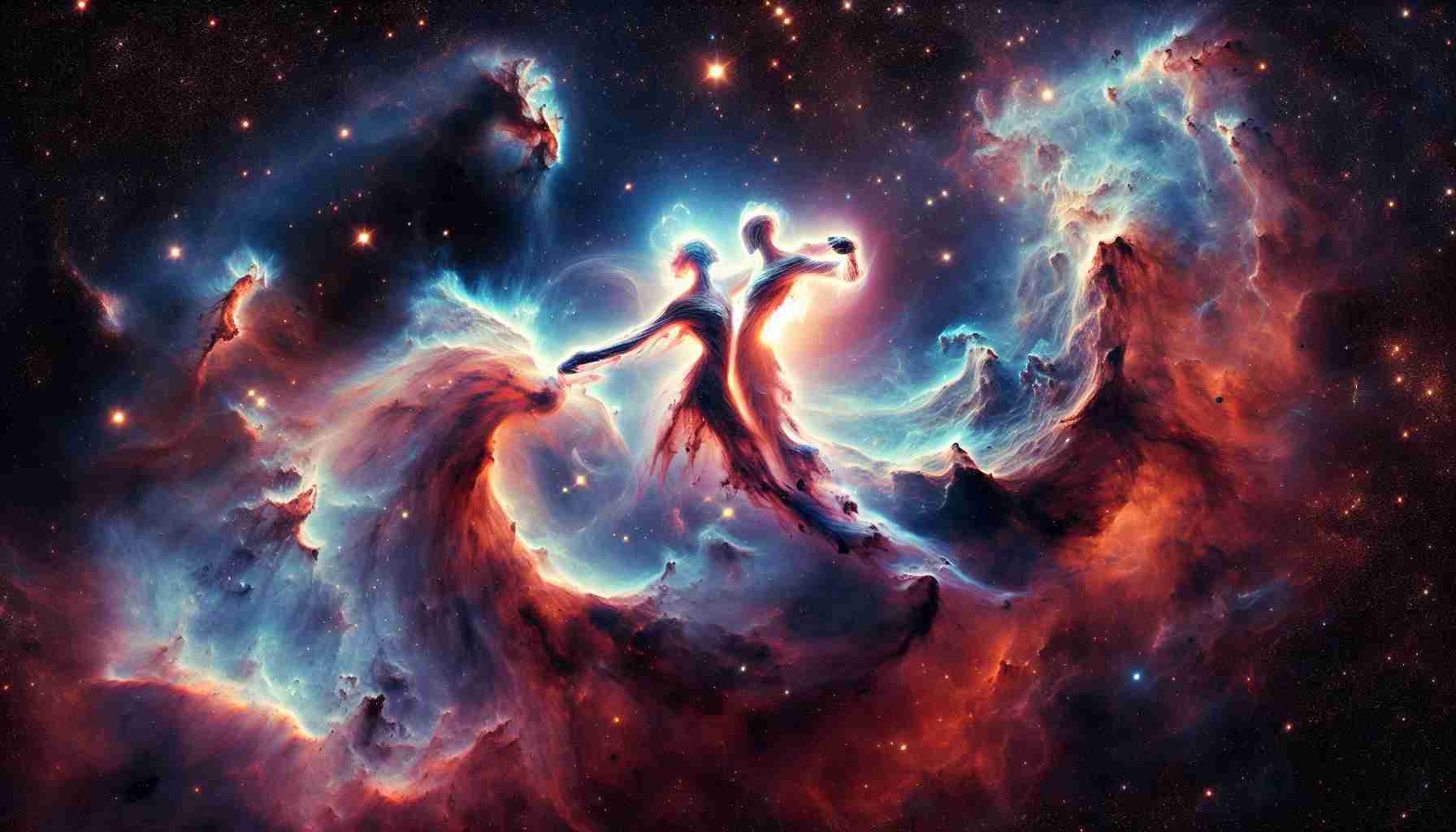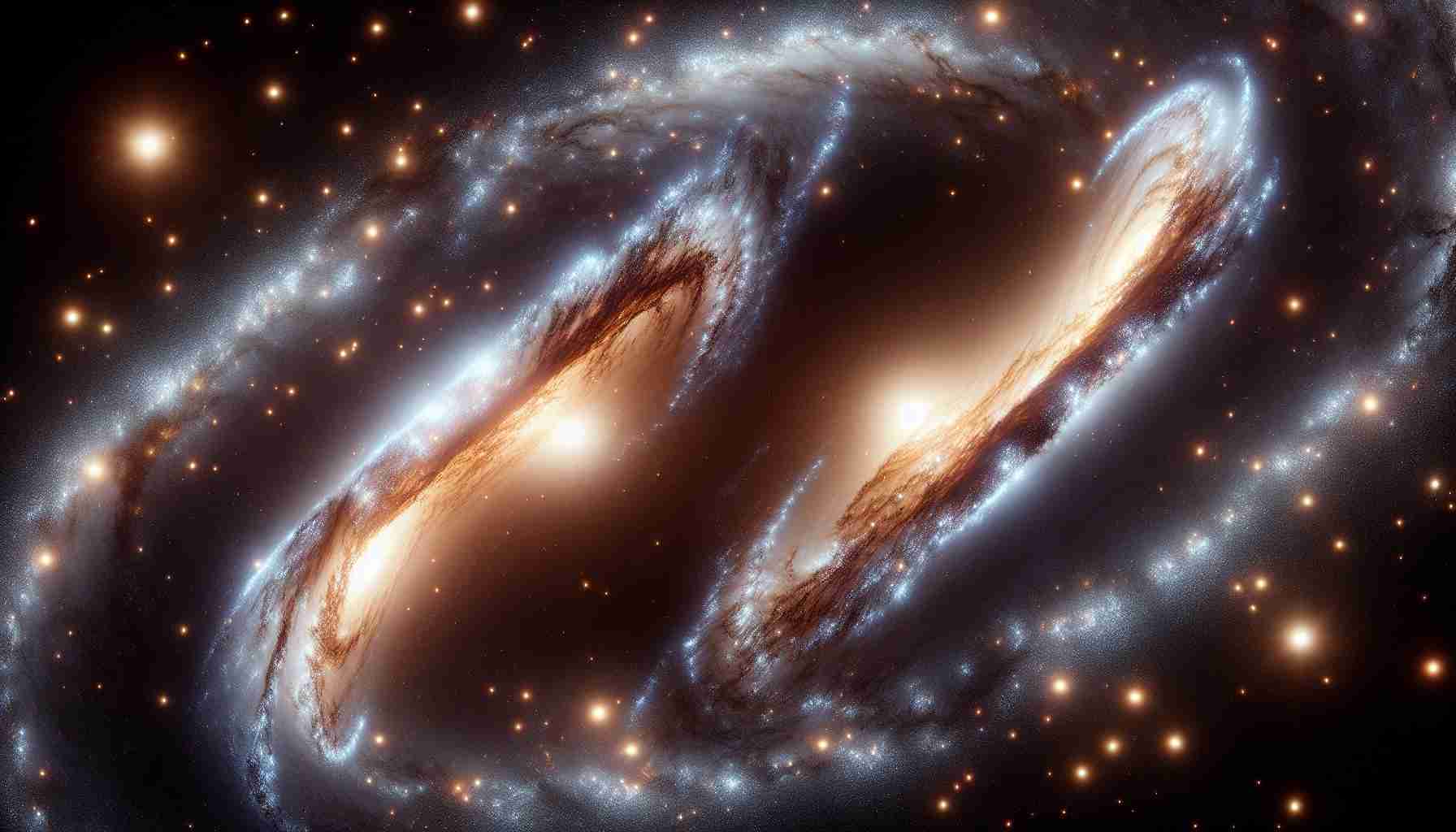Space-Time
Space-time is a fundamental concept in physics that combines the three dimensions of space with the dimension of time into a single four-dimensional continuum. In this framework, the position of any event is defined by four coordinates: three spatial dimensions (length, width, height) and one temporal dimension (time). The concept is essential to the theory of relativity, proposed by Albert Einstein, which describes how the fabric of space-time is affected by mass and energy.Within this theory, gravity is not viewed as a force in the traditional sense but rather as the curvature of space-time caused by mass. Objects with mass, such as planets and stars, warp the space-time around them, influencing the motion of other objects. This allows for the phenomenon of gravitational attraction, as well as time dilation, which shows that time can pass at different rates depending on the relative speed of observers or the presence of a gravitational field.Overall, space-time provides a framework for understanding the relationship between space, time, and the physical universe, fundamentally changing our comprehension of the cosmos and leading to both theoretical and practical advancements in physics.









